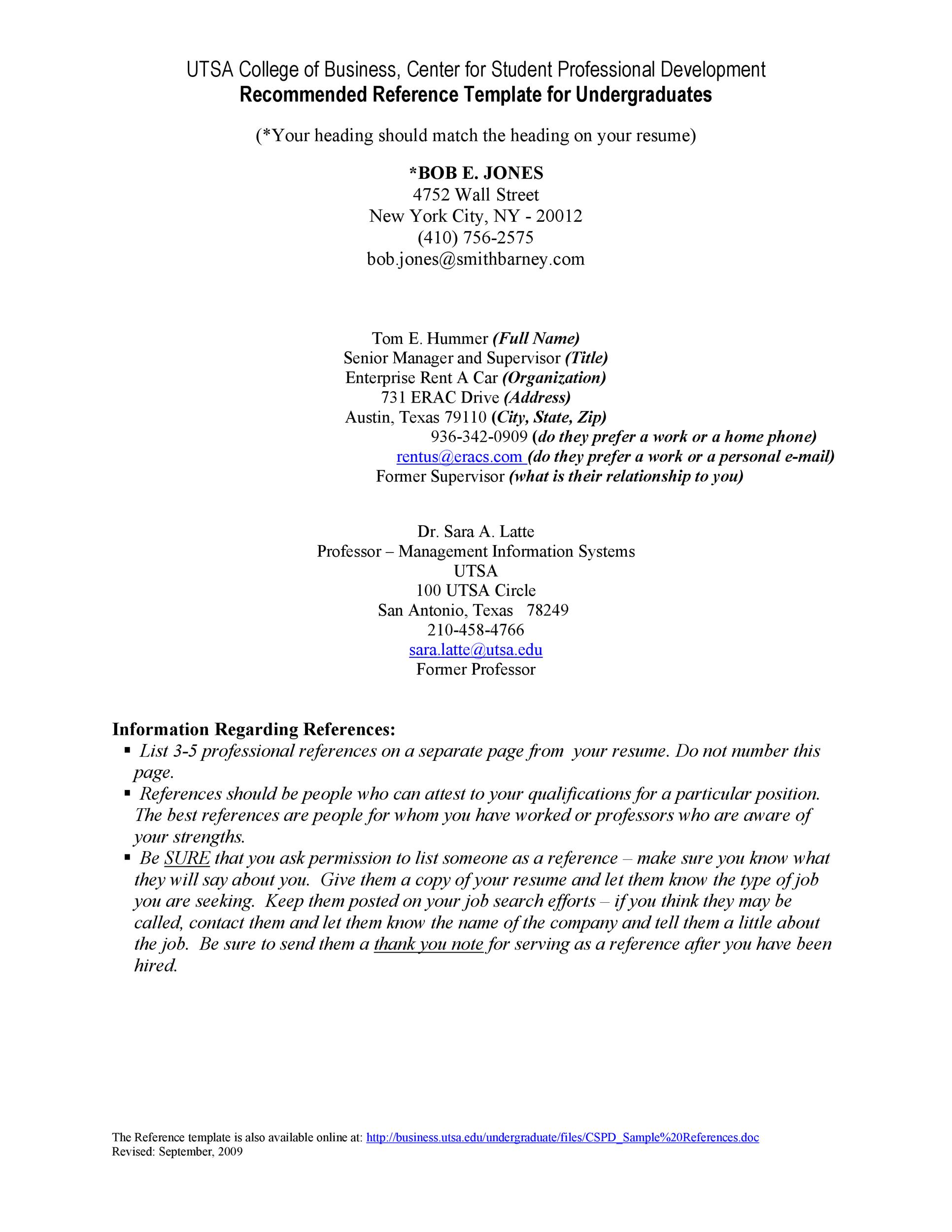Ideas of Reference: A Comprehensive Overview
Related Articles: Ideas of Reference: A Comprehensive Overview
- Home Workshop Ideas For 2025: Elevate Your Home Projects To The Next Level
- Best Kitchen Remodeling Ideas For 2025: Transform Your Kitchen Into A Culinary Haven
- Forest Department Recruitment 2025: A Comprehensive Overview
- DIY Raised Garden Beds: Cheap Ideas For 2025
- Under Stairs Closet Ideas For 2025: Maximize Space And Style
Introduction
With enthusiasm, let’s navigate through the intriguing topic related to Ideas of Reference: A Comprehensive Overview. Let’s weave interesting information and offer fresh perspectives to the readers.
Table of Content
Video about Ideas of Reference: A Comprehensive Overview
Ideas of Reference: A Comprehensive Overview

Introduction
Ideas of reference (IOR) are a type of delusion in which an individual believes that certain events or objects have a special or personal meaning specifically directed towards them. This belief can manifest in a variety of ways, ranging from mild and fleeting thoughts to severe and persistent obsessions. Understanding the concept of IOR, its causes, and treatment options is crucial for providing effective care to individuals experiencing this condition.
Definition and Characteristics
IOR is defined as a false belief that external events or objects hold a particular significance or relevance to oneself. This belief is often characterized by an excessive preoccupation with the perceived meaning, which can lead to anxiety, distress, and impaired functioning. Individuals with IOR may believe that:
- Random events, such as the weather or a car passing by, have special meaning or are directed specifically at them.
- Objects, such as a particular song or article of clothing, carry a hidden message or symbolism that pertains to them.
- The behavior or actions of others are motivated by a desire to communicate with or manipulate them.
Types of Ideas of Reference
IOR can be classified into several types based on the nature of the perceived meaning:
- Self-Referential IOR: The individual believes that events or objects refer to their own personal experiences, thoughts, or emotions.
- Other-Referential IOR: The individual believes that events or objects refer to another person or group of people.
- Mixed IOR: The individual believes that events or objects refer to both themselves and others.
Causes and Risk Factors
The exact causes of IOR are not fully understood, but several factors have been identified as potential contributors:
- Neurological Abnormalities: Studies have suggested that IOR may be associated with dysregulation in certain brain regions, such as the prefrontal cortex and the temporal lobes.
- Genetic Predisposition: Research indicates that there may be a genetic component to IOR, as it is more common in individuals with a family history of schizophrenia or other psychotic disorders.
- Psychological Factors: IOR may be triggered by stress, anxiety, or trauma, which can lead to increased self-focus and a heightened sense of vulnerability.
- Substance Use: Certain substances, such as cannabis and hallucinogens, can induce IOR-like experiences.
Symptoms and Associated Features
In addition to the core belief of personal significance, IOR can present with a range of other symptoms, including:
- Anxiety and Distress: The belief that events or objects have special meaning can cause intense anxiety and distress.
- Obsessive Thoughts: Individuals may experience persistent and intrusive thoughts about the perceived meaning, leading to preoccupation and rumination.
- Impaired Social Functioning: IOR can interfere with social interactions, as individuals may become withdrawn or overly sensitive to the perceived reactions of others.
- Depression and Suicidal Ideation: In severe cases, IOR can contribute to feelings of hopelessness and worthlessness, potentially leading to depression and suicidal ideation.
Differential Diagnosis
It is important to differentiate IOR from other conditions that may share similar symptoms:
- Schizophrenia: IOR is a common symptom of schizophrenia, but it can also occur in individuals without a psychotic disorder.
- Delusional Disorder: Individuals with delusional disorder may hold fixed and unwavering beliefs that are not based on reality, but these beliefs are typically more bizarre and less focused on personal significance.
- Obsessive-Compulsive Disorder (OCD): OCD can involve intrusive thoughts and compulsive behaviors, but these thoughts and behaviors are typically related to fears or obsessions rather than a belief of personal significance.
Treatment Options
The treatment of IOR typically involves a combination of medication and psychotherapy:
- Medication: Antipsychotic medications, such as risperidone or olanzapine, can help reduce the intensity and frequency of IOR symptoms.
- Psychotherapy: Cognitive-behavioral therapy (CBT) is an effective form of psychotherapy for IOR. CBT focuses on challenging the irrational beliefs and developing coping mechanisms.
- Social Skills Training: Individuals with IOR may benefit from social skills training to improve their ability to interact with others and manage social situations.
Prognosis and Outlook
The prognosis for IOR varies depending on the severity of the condition and the individual’s response to treatment. With appropriate treatment, many individuals with IOR can experience significant improvement in their symptoms and functioning. However, it is important to note that IOR can be a chronic condition, and some individuals may experience ongoing or recurrent symptoms.
Conclusion
Ideas of reference are a complex and challenging condition that can have a significant impact on an individual’s life. Understanding the nature, causes, and treatment options for IOR is essential for providing effective care and support. By recognizing the symptoms and seeking professional help, individuals with IOR can improve their quality of life and live fulfilling lives.
![[IMGSRCTITLE2]](https://templatelab.com/wp-content/uploads/2017/08/reference-page-template-05.jpg)
![[IMGSRCTITLE3]](https://www.tekportal.net/wp-content/uploads/2019/02/ideas-of-reference-8695.jpg)
![[IMGSRCTITLE4]](https://mantraprograms.s3.amazonaws.com/wp-content/uploads/2022/03/30123850/ideas-of-reference-definition-and-examples-3.jpeg)
![[IMGTITLE5]](https://images.examples.com/wp-content/uploads/2018/05/Common-APA-Reference-List-Model-Example.jpg)
![[IMGTITLE6]](http://templatelab.com/wp-content/uploads/2017/08/reference-page-template-12.jpg?w=790)
![[IMGTITLE7]](https://templatelab.com/wp-content/uploads/2017/08/reference-page-template-15.jpg)
![[IMGTITLE8]](https://dz9yg0snnohlc.cloudfront.net/ideas-of-reference-definition-and-examples-2.jpeg)
![[IMGTITLE9]](https://images.examples.com/wp-content/uploads/2018/04/Sample-Reading-Summary.jpg)
Closure
Thus, we hope this article has provided valuable insights into Ideas of Reference: A Comprehensive Overview. We thank you for taking the time to read this article. See you in our next article!